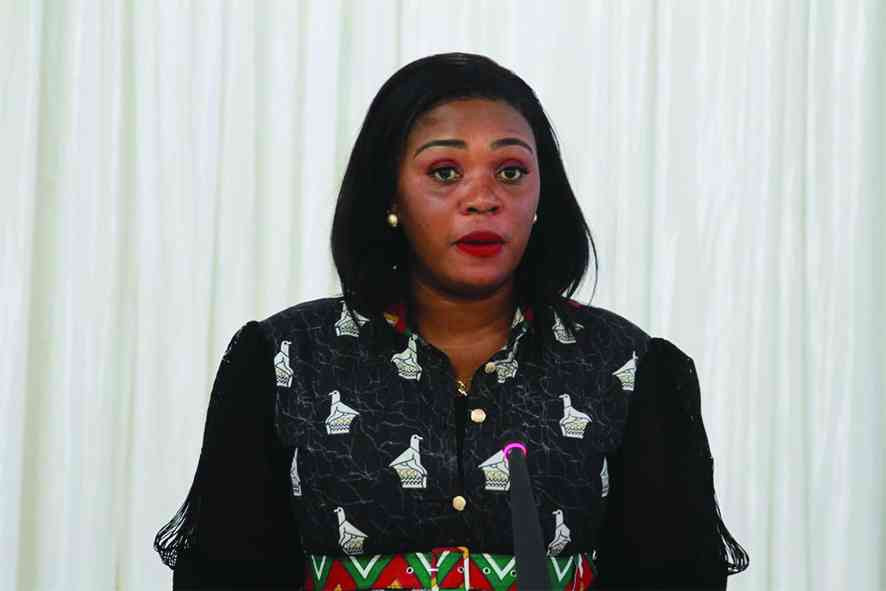
GOVERNMENT says Starlink will not get special treatment and will be taxed just like local internet service providers and mobile telcos.
“When it comes to taxes, they are all the same,” ICT minister Tatenda Mavetera said during post-Cabinet media briefing yesterday.
“Whatever is going to apply to local ISPs is also going to apply to Starlink. That is why you see us penalising them if they are not providing efficient connectivity.”
Starlink, which went live in the country early this month and is owned by American multi-billionaire Elon Musk, is a satellite internet constellation developed by SpaceX to provide high-speed internet.
Its licensing has raised hopes for improved connectivity as the nation is grappling with inconsistent internet access, particularly in rural areas, where traditional internet infrastructure has been lacking.
So far, six local companies have been recognised by Starlink as kit resellers.
These are TelOne, Aura, Dandemutande, Frampol, Zodsat and Namibia-based Paratus, which has an office in Zimbabwe.
Information minister Jenfan Muswere said information communication technologies are developing at a rapid pace worldwide hence the country has to embrace the new technologies for its growth.
- Zimbabwe yet to receive Starlink application
- Is Africa ready to join the IoT revolution?
- Starlink : A potential lifeline for rural Zimbabwe
- Telcos face disruption as Elon Musk’s Starlink eyes Zim
Keep Reading
On drought, Muswere said 39 698,88 metric tonnes had been delivered out of the expected 300 000 metric tonnes.
“The imports of grain at the current importation rate will last until June 2025. Focus will now shift to the purchase of local wheat,” he said.
Muswere said the total food requirement to March 2025 stood at about 427 408,54 metric tonnes at 7,5kg per person and 464 608,54 metric tonnes at 8,5kg per person.
“Taking into consideration the possibility of increased requirements as only 6,2 million of 9,2 million people in rural areas are receiving food under social welfare, it is recommended that the 7,5kg/person/month be maintained and more people be enrolled as the need arises.”










